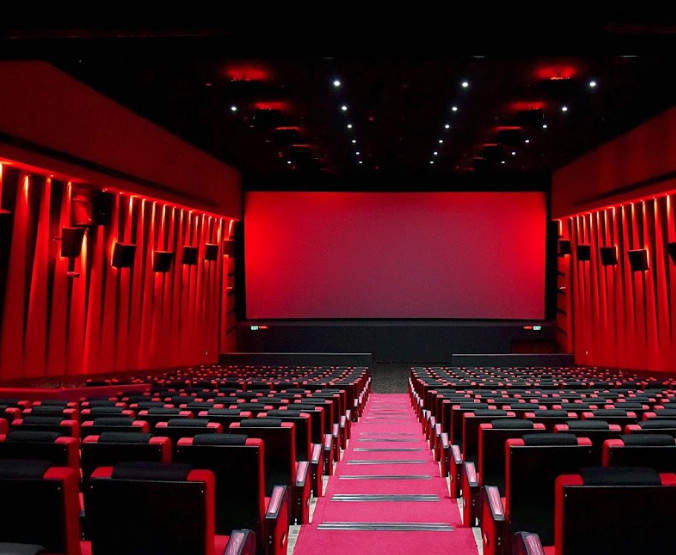When will the lockdown be lifted? When will cinemas reopen? When will production activities resume in the new post-coronavirus world? While these questions are haunting everyone in the film trade, there’s another question which begs answers: Will people return to the cinemas? Will they venture out of their homes so soon after the pandemic which has applied brakes simultaneously on the entire world?
A lot would depend on the sense of security which the public is going to feel once things start coming back to normalcy. That we aren’t aware what the new normal would be or whether there would at all be a new normal is a different question altogether. But yes, if the sense of security and safety is of a high order, there are more chances that normalcy will return faster. Public memory is short, human beings love to romanticise their tragedies but no sooner a tragedy is over, the same humans forget everything and go back to the old normal. This is one argument in favour of the theory that the public will return to cinemas. The contrary view is that the coronavirus pandemic is too extraordinary a situation for people to ‘forget everything and go back to the old normal’, that human beings may not return to their old style of living. This view rests on the presumption that humans have realised that the COVID-19 is a result of their reckless way of living. However, the contrary opinion to this contrary view is that the realisation (of the epidemic being a consequence of the reckless lives human beings have been leading) is itself akin to romanticising the tragedy.
Be that as it may but will the audience return to the cinemas? Or will cinemas be forced to shut down sooner than later?
While it’s a fact that cinemas in China reopened in March and had to shut down because of lack of public (which itself was due to a dearth of playing programmes), it must be appreciated that China had hastened the reopening process. In other words, it reopened cinemas before ensuring that there were enough new films to screen and hence, the cinemas were doomed to be shut down once again. It is believed that the occupancy was sometimes as low as one or two persons in a show in a cinema of China. The abstinence of audience was as much for safety reasons as for lack of new films. A similar situation may be facing cinemas in India because while the exhibition sector is literally waiting for the government to reverse its order of “curtains down”, stars are not thinking of venturing out of the confines of their homes anytime soon — at least, not till the safety and security quotient is high enough for them to feel inclined to report for shootings. Frankly, the rich and affluent stars don’t need to take the risk because they are financially very secure. Since the film industry is star-driven, there is nothing anybody would be able to do if the stars decide (insiders say, they’ve already decided and conveyed their decisions to their respective producers) to stay home even after the lockdown is lifted. And if the cinemas (multiplexes and single-screen cinemas) are planning to get started with old films, well, all one can say is that the reopening would be a self-defeating exercise and would do more harm than good to their business prospects in the post-coronavirus era. Empty cinema halls in the new scenario would send out wrong signals to members of the public who would never understand that people are refraining from going to the cinemas because there is no new film or few new films to consume. The lack of footfalls would be interpreted as people’s aversion to congregating at public places for fear of contracting the disease.
While the example of China is true and there are a host of Hollywood cinema chains reporting minuscule attendance ever since they reopened post-lockdown, it is also true that Carnival Cruise has claimed that it has seen an exponential growth in its bookings for the cruises which it would resume in August. Carnival has said that in the first three days after it opened its online booking, the reservations shot up 600% as compared to the three days before the announcement. If one were to compare the current booking scene with that in the same time frame in 2019 (when the fear of COVID-19 was non-existent), the increase, according to Carnival, was 200%! Of course, there are those who say, these figures are false and are being doled out by Carnival to lure more people to book.
There’s heartening news for business people, from Disneyland too. Reportedly, Shanghai Disneyland sold out of tickets for its May 11 reopening after a four-month shutdown, within minutes of opening online booking. Of course, the theme park is observing social distancing rules and permitting only a third of its capacity of 80,000 for that reason. It may be added that Shanghai Disneyland was the first of Walt Disney’s worldwide parks to down shutters on 25th January when the coronavirus started to spread from Wuhan in China.
The scene, in short, is scary and uncertain. Nobody knows what’s in store for the film industry in India.





























